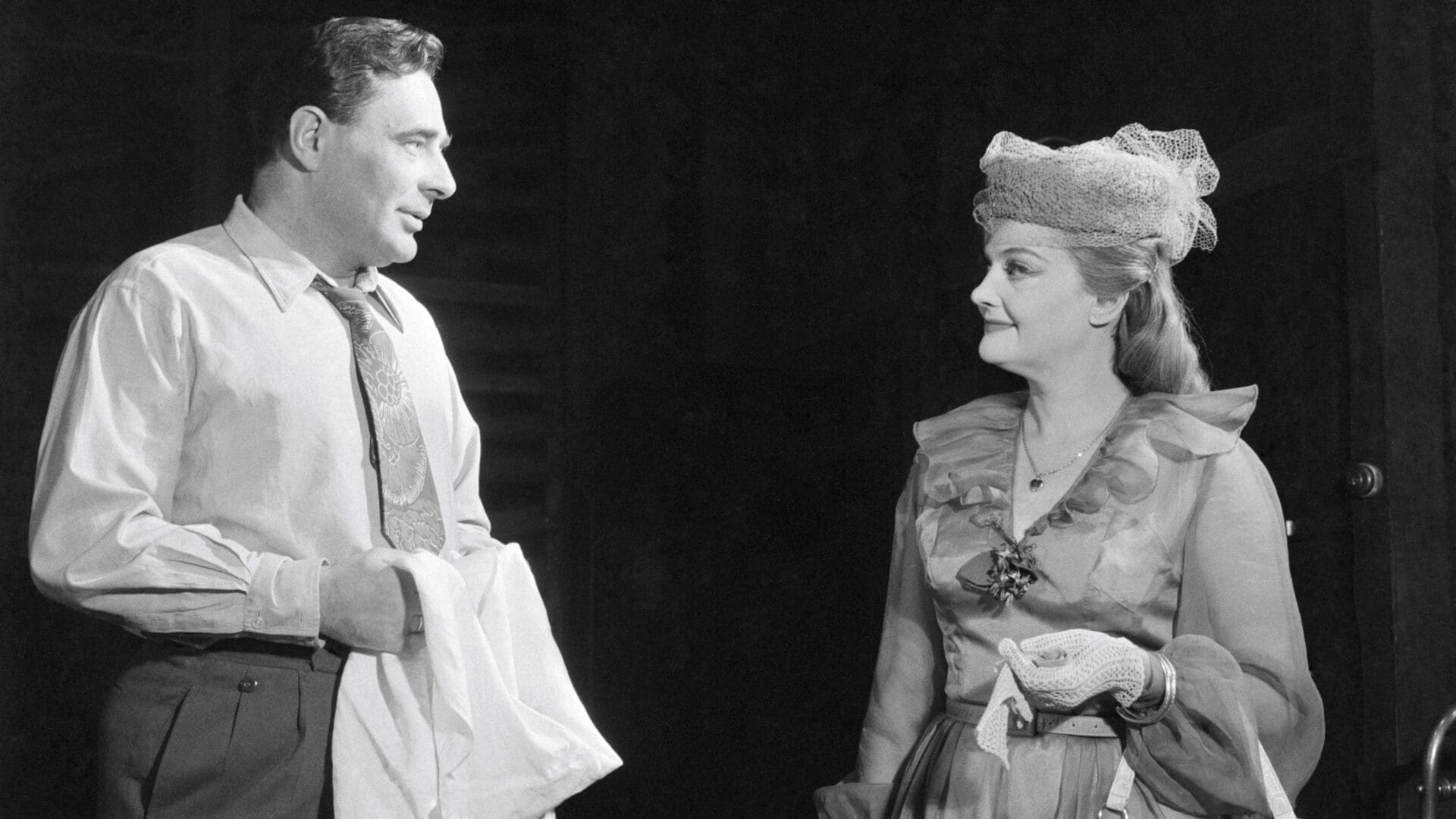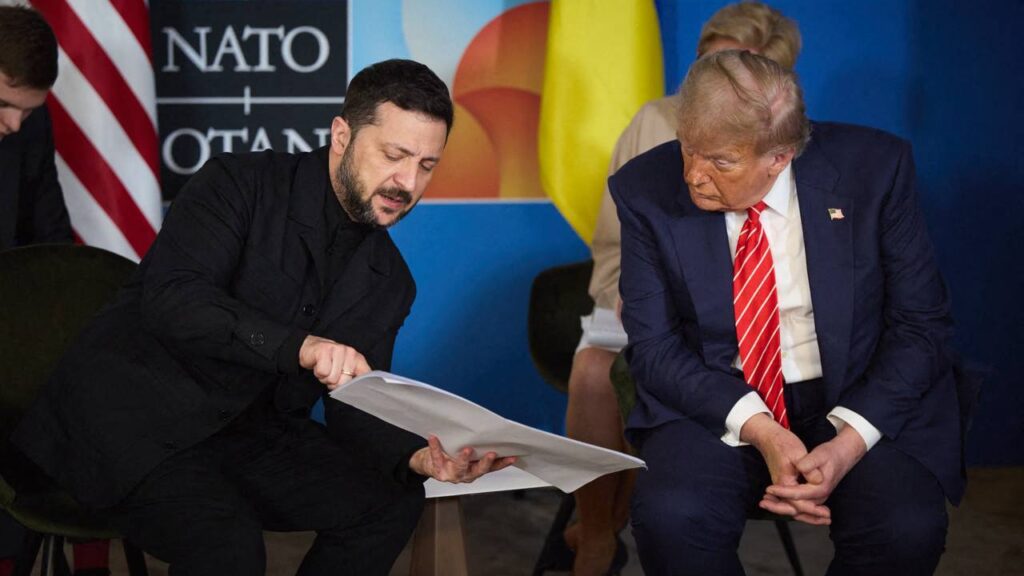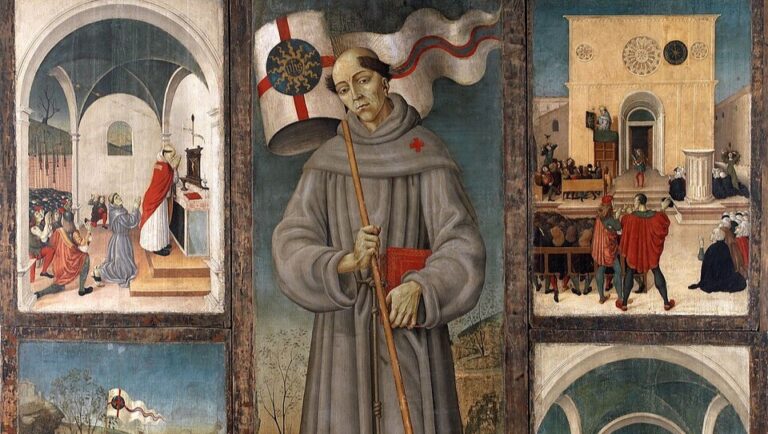Tibor Bodor, a Hungarian actor known for his roles in numerous plays and films, is most recognized for portraying ‘Comrade Kenéz’, the printer, in the television series Szomszédok (Neighbours), Hungary’s number one soap opera launched in 1987 and running until 1999.
On 29 September, a commemorative plaque was unveiled in his honour at the corner of the house where he spent most of his time in Budapest.
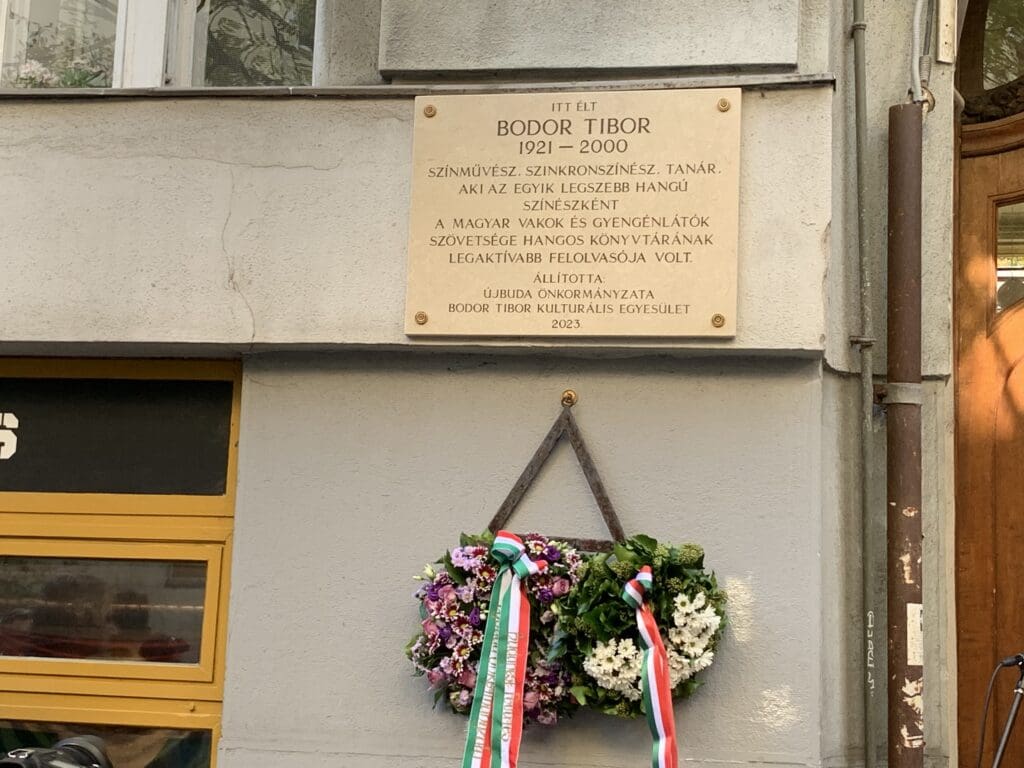
Bodor began his career in challenging times in 1941. After being captured during World War II, he organized a drama circle in a Russian prisoner-of-war camp to make the suffering more bearable for his fellow prisoners. Upon his return home, he initially performed in Pécs and then, from 1949 onwards, in Budapest at the Madách and National Theatres. In the early 1960s,
he was one of the first to join the audiobook programme of the Hungarian Federation of the Blind and Partially Sighted (MVGYOSZ),
where he regularly read for over three decades until 1998. He often arrived at the MVGYOSZ headquarters on Hermina Street in Budapest at six in the morning to spend the hours before theatre rehearsals volunteering. His goal was to record a full year’s worth of audio, equivalent to 8760 hours. He exceeded this goal by a substantial margin, recording nearly nine thousand hours of audio material. Currently, there are nearly four hundred volumes of digitized audiobooks available in his voice in the MVGYOSZ audiobook library named after him.
Mayor of Újbuda, Imre László, opened the event. He stated that in human memory and in life in general, we are always presented with a ‘slice of immortality,’ whether that slice is a face, a voice, or a role an actor played. These memories tend to live forever. He added that a mere touch or a smile can also immortalize itself in the same way. He expressed that Tibor Bodor was such a person and that an entire country and nation will remember him for centuries to come. He emphasized the role Bodor played in Hungarian literature, especially for the visually impaired, adding that even to this day, most of them get through school by listening to the audiobooks recorded by Bodor. What he initiated as a teacher became part of the current teaching methods as well. He concluded by saying that Bodor will live forever in Újbuda, and his dedication to theatre, art, and humanity grants him a place in the past, the present, and the future.
President of MVGYOSZ, Dr Sándor Nagy, spoke about how significant Bodor’s work has been for the visually impaired. He stressed that he started reading in the sixties, and currently, there are close to 500 audiobooks recorded by him, adding up to almost a year’s worth of content.
President of the Tibor Bodor Cultural Association and granddaughter of Bodor, Kata Puskás talked about her fond memories of the house. She also shared anecdotes about Bodor organizing a drama circle while being in captivity in Russia, as his goal, even in grim times, was to make everyone around him happy. In closing, she added that her organization was created not only to preserve Bodor’s legacy but to continue the good work he has done, and highlighted that in five years, the association has already recorded 3700 audiobooks.
Director of the Örkény István Theatre, Pál Mácsai, shared memories of working with Bodor.
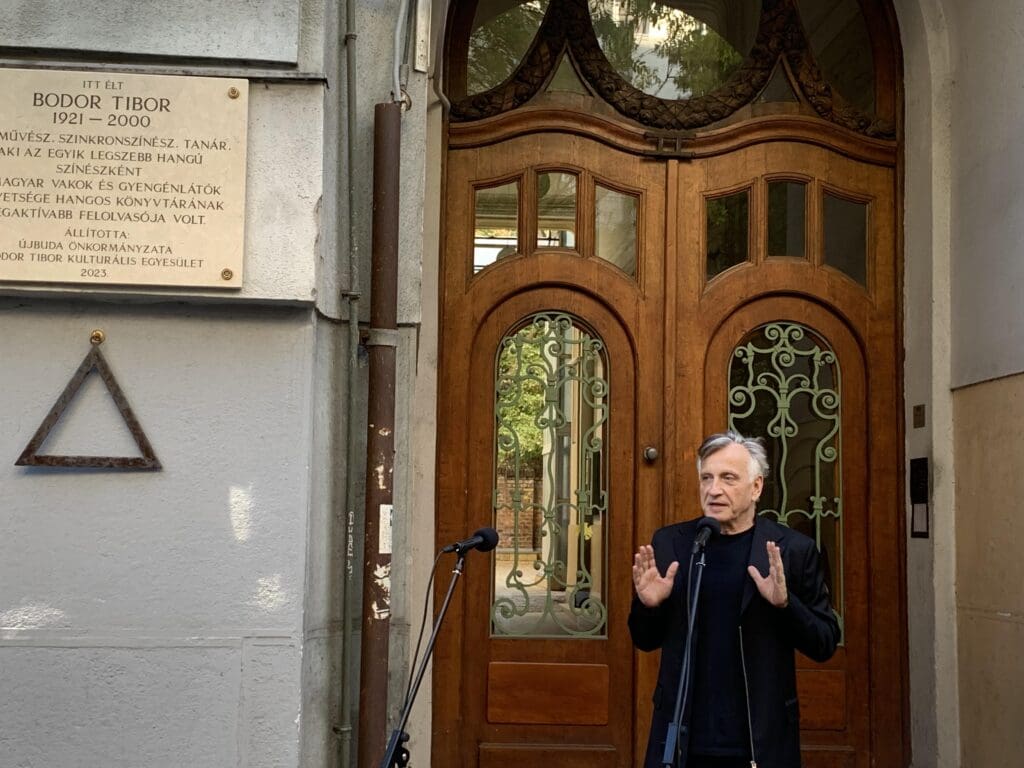
He said that they met when he was a young actor, and Bodor, unlike many in the theatre world, did not look down on his younger fellow artists, but was rather as a mentor to them. Mácsai noted that he was someone people looked up to, and added that he fondly remembers him as a sweet, loving, and loveable man. He stated that while we remember someone’s life’s work, we should also contemplate that it only amounts to a moment compared to eternity; however, legacies live on. He then reminded that the number 9000 hours or a year of audiobooks is misleading, because
in reality an actor spends two to three times as much time familiarizing with the text and practicing before the actual recording.
Actor István Hirtling said that Bodor was a real role model for their generation in acting. He said that he would only fumble his words and thoughts, so he would instead quote Sándor Márai (aptly wearing a T-shirt depicting Márai). The quote was about how only service can give meaning to life, and one can only rest easy if they feel that every day of their lives they served justice. In Hirtling’s opinion, Tibor Bodor was a person like the one depicted in Márai’s text.
After the speeches, a wreath-laying ceremony closed the event. The plaque can be visited by anyone who strolls the streets of Budapest, located at 20 Bertalan Lajos Street.
Read more:

